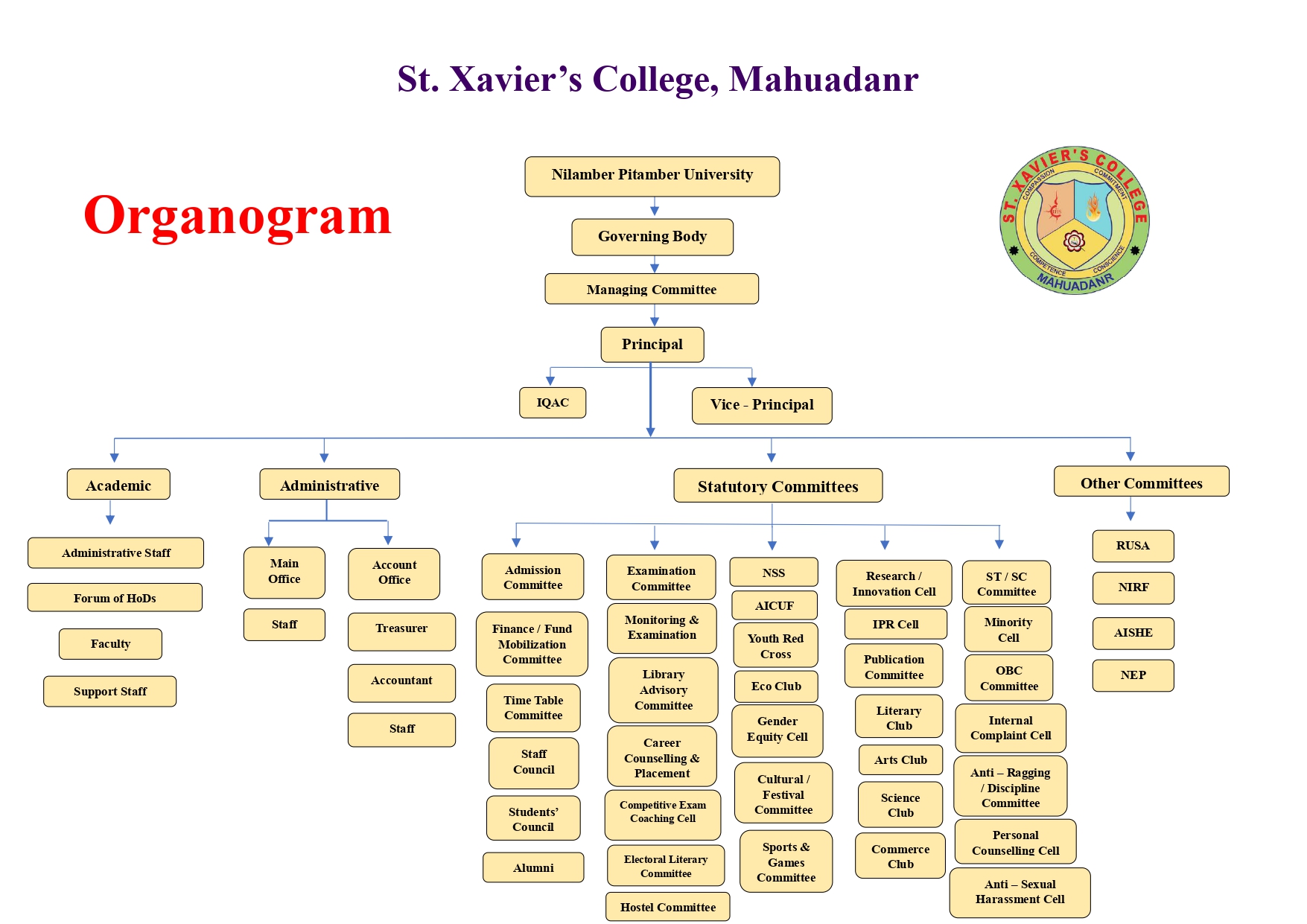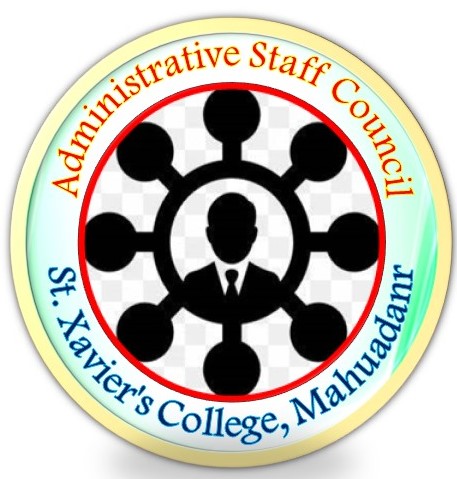
Administrative Staff Council
• Collaborating with college administration to identify and prioritize areas for development and improvement.
• Advocating for resources and support necessary to enhance administrative processes and infrastructure.
• Organizing training sessions and professional development opportunities for administrative staff to improve skills and efficiency.
• Implementing initiatives to streamline administrative procedures and promote organizational effectiveness.
• Serving as a liaison between administrative staff and college leadership to ensure alignment of goals and initiatives.
• Monitoring progress towards development goals and providing feedback to college administration for continuous improvement.

HoDs Forum
• Facilitating communication and collaboration among Heads of Departments (HoDs) within the institution.
• Providing a platform for discussing departmental issues, initiatives, and challenges.
• Sharing best practices, strategies, and resources to enhance departmental effectiveness and efficiency.
• Reviewing and coordinating departmental activities, projects, and goals to ensure alignment with institutional objectives.
• Offering support and guidance to HoDs in addressing department-specific issues and promoting professional development.
• Serving as a forum for brainstorming innovative ideas and solutions to enhance the overall functioning of departments and the institution.
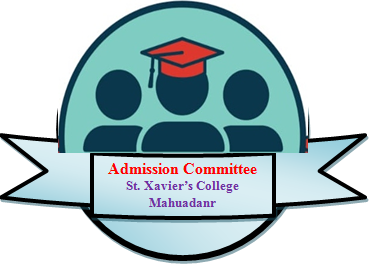
Admission Committee
• Reviewing and assessing applications to ensure they meet academic standards and eligibility criteria.
• Establishing selection criteria and procedures for evaluating applicants' qualifications and potential contributions to the institution.
• Making admission decisions based on the evaluation of applications and adherence to established policies and guidelines.
• Engaging in outreach activities to attract a diverse pool of applicants and promote the institution to prospective students.
• Communicating admission decisions to applicants and providing support and guidance throughout the admission process.
• Evaluating and reviewing admission processes to identify areas for improvement and ensure compliance with relevant laws and regulations.
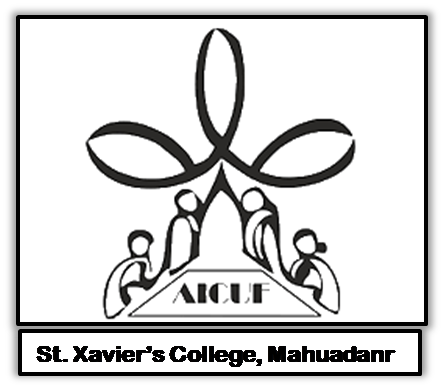
AICUF
• Fostering spiritual growth and moral values among students through prayer, reflection, and community service.
• Providing a platform for students to engage in social justice initiatives, advocacy, and outreach programs.
• Organizing educational and awareness-raising activities on social issues, human rights, and environmental sustainability.
• Facilitating interfaith dialogue, cultural exchange, and understanding among students from diverse backgrounds.
• Offering leadership development opportunities and training for students to become agents of positive change in society.
• Collaborating with local communities and organizations to address pressing social needs and promote solidarity and service.

Alumni Committee
• Cultivating and maintaining relationships with alumni to foster a sense of community and engagement with the college.
• Organizing networking events, reunions, and alumni gatherings to facilitate connections and collaboration among graduates.
• Soliciting feedback from alumni on their college experiences and using this input to inform development strategies.
• Developing fundraising initiatives and campaigns to secure financial support from alumni for college programs, scholarships, and infrastructure projects.
• Leveraging the expertise, resources, and networks of alumni to support career development, mentorship programs, and student initiatives.
• Showcasing the achievements and successes of alumni to inspire current students and strengthen the college's reputation and brand.
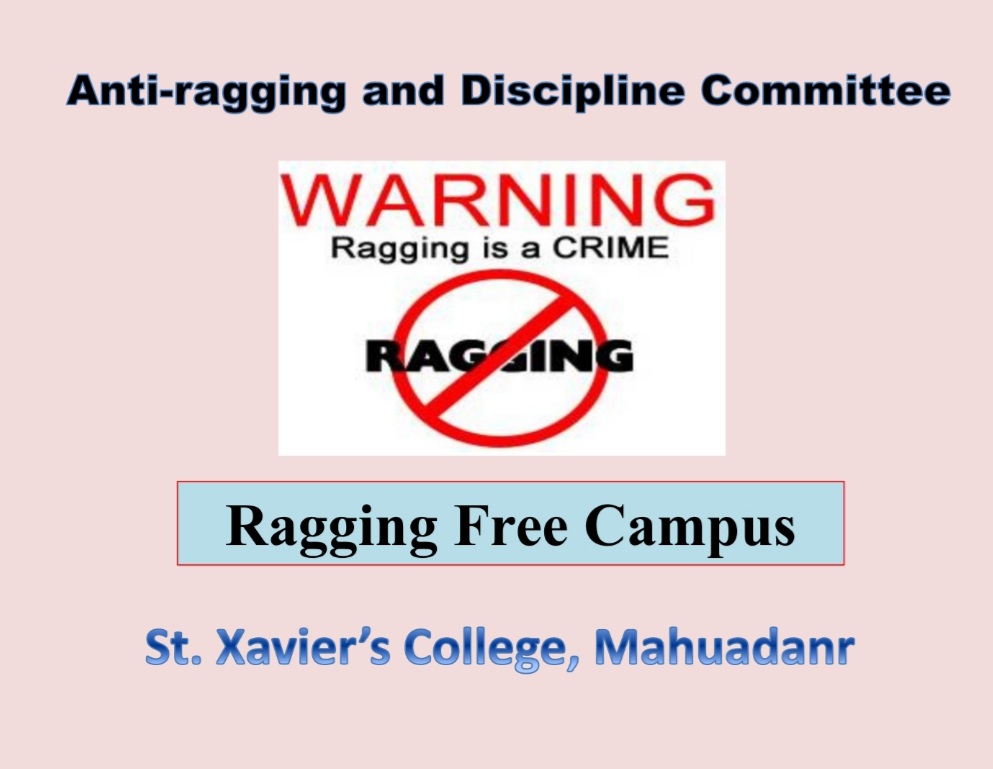
Anti-Ragging /Discipline Committee
• Enforcing and promoting a zero-tolerance policy towards ragging and other forms of misconduct within the college campus.
• Creating awareness among students about the consequences of ragging and the importance of maintaining discipline and respect for fellow students.
• Establishing procedures and protocols for reporting and investigating incidents of ragging or disciplinary infractions.
• Implementing preventive measures such as orientation sessions, counseling programs, and peer support systems to discourage ragging behaviors.
• Collaborating with college administration, faculty, and student representatives to ensure a safe and supportive environment conducive to learning and personal growth.
• Monitoring and evaluating the effectiveness of anti-ragging initiatives and recommending improvements to promote a culture of mutual respect and responsibility among students.

Anti-Sexual Harassment Cell
• Establishing and enforcing policies and procedures to prevent and address incidents of sexual harassment within the college campus.
• Providing a safe and confidential mechanism for students, faculty, and staff to report incidents of sexual harassment.
• Conducting awareness campaigns and educational programs to promote understanding of sexual harassment laws, prevention strategies, and support resources.
• Offering support services and counseling for individuals who have experienced sexual harassment, including guidance on legal options and accessing medical assistance.
• Collaborating with college administration, law enforcement agencies, and relevant organizations to ensure prompt and fair investigation of reported cases and appropriate disciplinary actions.
• Monitoring and evaluating the effectiveness of anti-sexual harassment initiatives and recommending improvements to create a culture of respect, equality, and safety for all members of the college community.
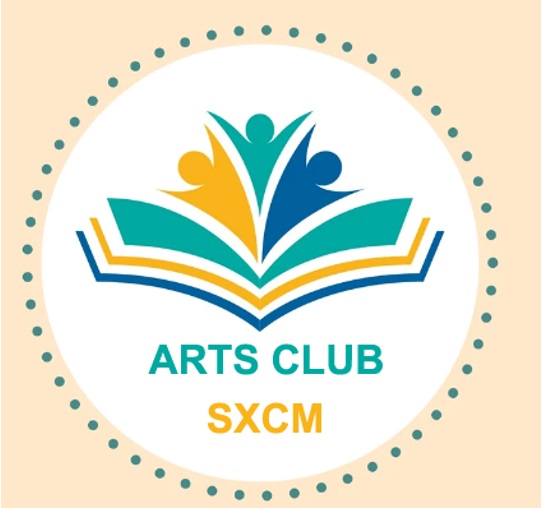
Arts Club
• Organizing interdisciplinary events, workshops, and exhibitions to showcase artistic talents and promote collaboration among students from various departments.
• Providing a platform for students interested in arts subjects to express themselves creatively through visual arts, performing arts, and literary activities.
• Facilitating cultural exchanges and fostering appreciation for diverse artistic expressions and traditions among students.
• Offering opportunities for students to develop leadership skills, event planning abilities, and teamwork through participation in club activities.
• Collaborating with faculty members and guest artists to organize guest lectures, demonstrations, and masterclasses to enhance students' understanding and skills in arts subjects.
• Creating a vibrant and inclusive arts community within the college, enriching the overall college experience and contributing to the development of students' artistic talents and cultural awareness.

Career Counseling and Placement Assisting Cell
• Providing career guidance, counseling, and resources to help students make informed decisions about their academic and professional paths.
• Offering assistance in resume writing, interview preparation, and job search strategies to enhance students' employability and competitiveness in the job market.
• Facilitating connections with employers, industry professionals, and alumni through networking events, job fairs, and recruitment drives.
• Collaborating with academic departments and faculty members to incorporate career-related skills and experiential learning opportunities into the curriculum.
• Providing information and support for internships, co-op programs, and experiential learning opportunities to help students gain practical experience and build their professional networks.
• Monitoring employment trends, industry demands, and job market dynamics to tailor career services and programs to meet the evolving needs of students and employers.
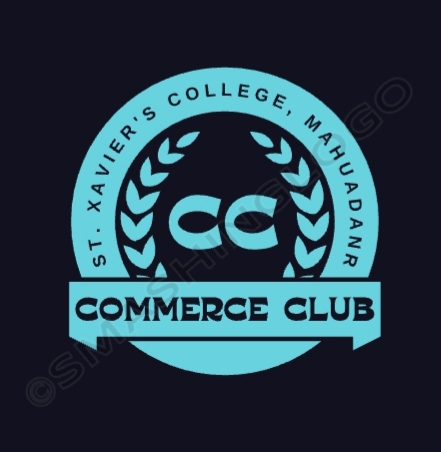
Commerce Club
• Organizing workshops, seminars, and panel discussions to explore current trends, issues, and developments in commerce-related fields.
• Providing a platform for students to enhance their practical skills and knowledge through case studies, simulations, and real-world projects.
• Facilitating networking opportunities with industry professionals, alumni, and experts in commerce and business sectors.
• Hosting competitions, quizzes, and events to foster healthy competition and promote excellence in commerce subjects.
• Collaborating with faculty members to organize guest lectures, industry visits, and internship opportunities to provide students with practical exposure and insights into the business world.
• Creating a supportive and engaging community of commerce students within the college, encouraging collaboration, mentorship, and peer learning to promote overall academic and professional development.
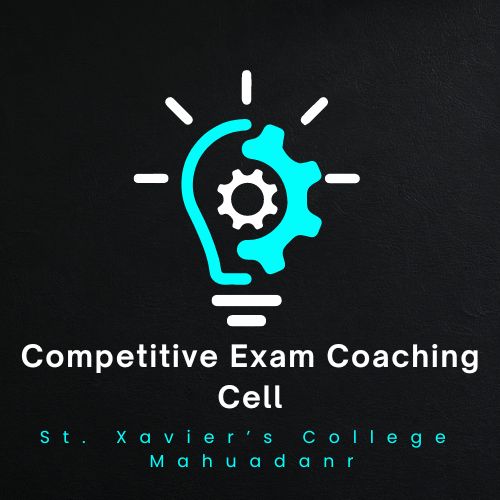
Competitive Exam Coaching Cell
• Offering coaching and support for students preparing for competitive exams such as civil services, banking, and entrance exams for postgraduate studies.
• Providing guidance on exam syllabi, study materials, and effective study strategies to maximize students' preparation and performance.
• Conducting mock exams, practice tests, and assessment sessions to simulate exam conditions and evaluate students' progress.
• Organizing guest lectures, workshops, and seminars by experts and successful candidates to share tips, strategies, and insights into exam preparation and success.
• Offering personalized counseling and mentoring to address individual learning needs, strengths, and areas for improvement.
• Collaborating with academic departments and faculty members to integrate exam-focused content and skill-building activities into the college curriculum, ensuring holistic preparation for competitive exams.
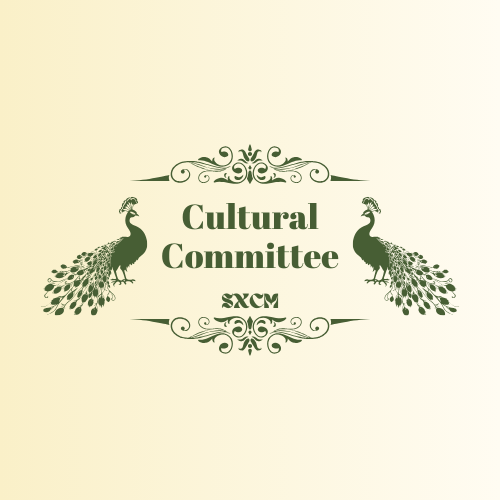
Cultural Committee
• Organizing cultural events, festivals, and celebrations to promote diversity, inclusivity, and cultural exchange within the college community.
• Providing a platform for students to showcase their talents in music, dance, theater, and other performing arts through competitions, performances, and talent shows.
• Facilitating cultural exchange programs, international days, and cultural heritage exhibitions to foster appreciation for different cultures and traditions.
• Collaborating with student clubs, academic departments, and external organizations to organize cultural awareness programs, workshops, and discussions on relevant social and global issues.
• Offering support and resources for students to form cultural interest groups, clubs, and societies to further explore and celebrate their cultural identities and interests.
• Creating a vibrant and inclusive cultural environment within the college, promoting unity, creativity, and mutual respect among students from diverse backgrounds.
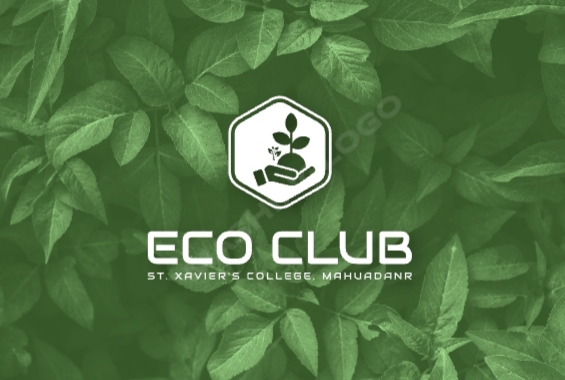
Eco-Club
• Promoting environmental awareness, sustainability, and conservation practices among students, faculty, and staff within the college community.
• Organizing tree plantation drives, clean-up campaigns, and waste reduction initiatives to contribute to the local environment and ecosystem.
• Facilitating educational workshops, seminars, and guest lectures on topics such as climate change, biodiversity, and renewable energy.
• Collaborating with local communities, government agencies, and environmental organizations to address environmental challenges and promote environmental stewardship.
• Creating and maintaining green spaces, gardens, and eco-friendly infrastructure on campus to support biodiversity and enhance the campus environment.
• Advocating for sustainable policies and practices within the college administration, promoting sustainable development goals and initiatives.
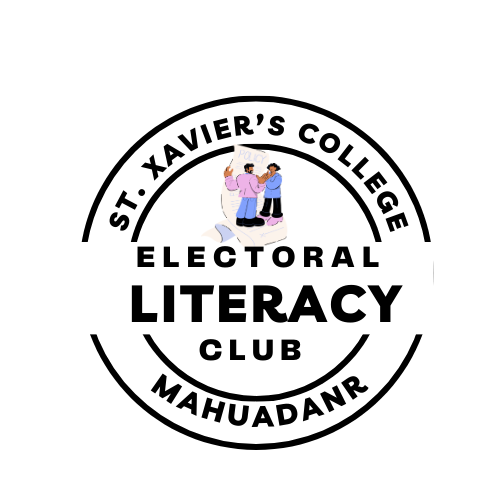
Electoral Literacy Club
• Organizing workshops, seminars, and training sessions to educate students about the electoral process, voting rights, and the importance of civic participation.
• Conducting voter registration drives and awareness campaigns to encourage eligible students to enroll and exercise their right to vote.
• Facilitating discussions, debates, and mock elections to promote political awareness, critical thinking, and informed decision-making among students.
• Collaborating with electoral authorities, NGOs, and government agencies to organize voter education programs and ensure compliance with electoral laws and regulations.
• Providing resources, information, and support to students regarding electoral procedures, polling stations, and voting methods.
• Empowering students to become active and responsible citizens by engaging in voter outreach activities, volunteering as election observers, and promoting democratic values within the college community.
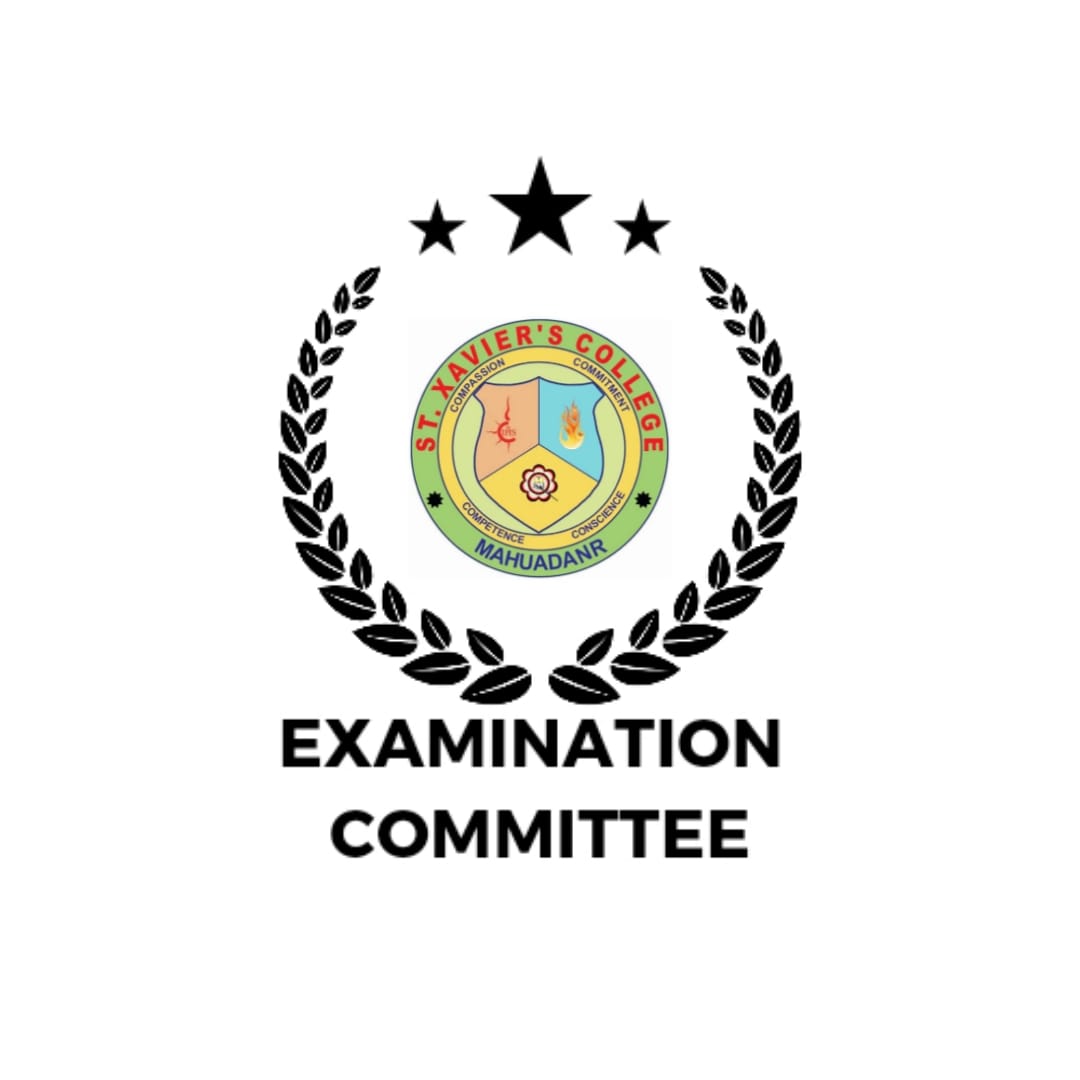
Examination Committee
• Developing and implementing policies, procedures, and guidelines for the conduct of examinations in accordance with academic regulations and standards.
• Scheduling and coordinating the administration of examinations, including the preparation of exam timetables, seating arrangements, and examination venues.
• Ensuring the integrity, security, and confidentiality of examination materials, question papers, and answer scripts throughout the examination process.
• Appointing and training invigilators, examiners, and other personnel involved in the examination administration to ensure fair and impartial conduct.
• Processing and analyzing examination results, including grading, moderation, and publication of results in a timely and accurate manner.
• Reviewing and evaluating examination processes, procedures, and outcomes to identify areas for improvement and ensure compliance with regulatory requirements and best practices.

Finance / Scholarship Committee
• Managing the financial resources of the college, including budgeting, accounting, and financial reporting, to ensure fiscal responsibility and transparency.
• Administering scholarship programs, grants, and financial aid initiatives to support students in their academic pursuits and alleviate financial barriers to education.
• Establishing eligibility criteria, application procedures, and selection criteria for scholarship awards based on academic merit, financial need, and other relevant criteria.
• Reviewing scholarship applications, assessing eligibility, and making decisions on awarding scholarships in a fair, equitable, and transparent manner.
• Monitoring scholarship funds, disbursing payments to recipients, and maintaining accurate records of scholarship recipients and expenditures.
• Evaluating the effectiveness of scholarship programs, soliciting feedback from recipients, and making recommendations for program enhancements or modifications to better meet the needs of students.
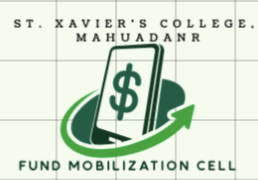
Fund Mobilization Cell
• Identifying potential sources of funding and developing strategies to mobilize financial resources for college development projects and initiatives.
• Cultivating relationships with donors, alumni, corporate sponsors, and funding agencies to secure donations, grants, sponsorships, and other forms of financial support.
• Developing fundraising campaigns, events, and initiatives to engage stakeholders and solicit contributions towards specific college development goals and priorities.
• Managing donor relationships, acknowledging contributions, and ensuring transparency and accountability in the use of funds mobilized for college development.
• Providing guidance and support to college departments and committees in preparing funding proposals, grant applications, and fundraising materials.
• Monitoring fundraising activities, tracking progress towards fundraising targets, and evaluating the impact of fund mobilization efforts on college development objectives.
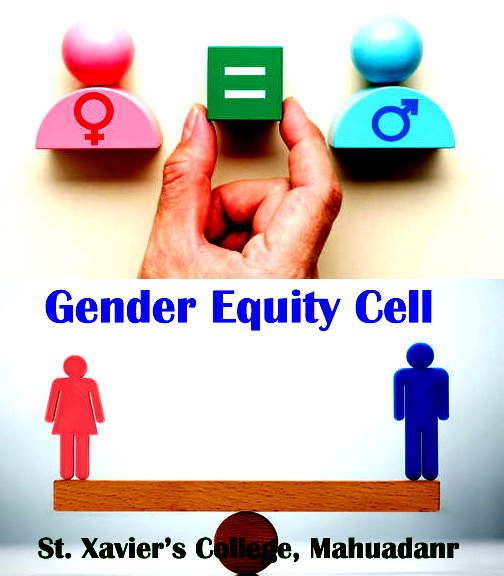
Gender Equity Cell
• Promoting gender equity and inclusivity within the college community through awareness-raising campaigns, workshops, and discussions.
• Providing support and resources for addressing issues related to gender discrimination, harassment, and violence on campus.
• Advocating for policies and practices that promote gender equality and create a safe and supportive environment for all students, faculty, and staff.
• Offering counseling, referral services, and other forms of support for individuals facing gender-based challenges or seeking assistance.
• Collaborating with student organizations, academic departments, and external stakeholders to advance gender equity initiatives and programs.
• Monitoring and evaluating the college's progress towards gender equity goals, identifying areas for improvement, and recommending strategies for enhancing gender inclusivity and diversity.
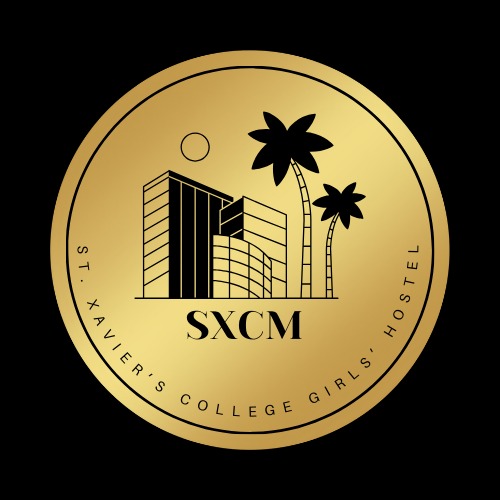
Hostel Committee
• Managing the day-to-day operations of college hostels, including room allocation, maintenance, and security to ensure a safe and conducive living environment for students.
• Enforcing hostel rules, regulations, and codes of conduct to promote discipline, respect, and harmony among residents.
• Organizing recreational activities, cultural events, and social gatherings to foster community spirit and a sense of belonging among hostel residents.
• Addressing concerns, grievances, and conflicts among hostel residents through mediation, counseling, and conflict resolution mechanisms.
• Collaborating with college administration, student representatives, and external stakeholders to enhance hostel facilities, services, and infrastructure.
• Monitoring and evaluating the quality of hostel services, facilities, and overall satisfaction of residents, and implementing improvements based on feedback and assessments.

IPR Cell
• Managing and protecting intellectual property rights (IPR) generated by faculty, researchers, and students within the college.
• Providing guidance, training, and resources on IPR laws, policies, and procedures to promote awareness and compliance among stakeholders.
• Facilitating the identification, documentation, and assessment of inventions, innovations, and research findings eligible for IPR protection.
• Collaborating with external agencies, patent offices, and legal experts to file patent applications, trademarks, copyrights, and other forms of IPR protection.
• Facilitating technology transfer, licensing agreements, and commercialization opportunities for patented inventions and research outcomes.
• Promoting a culture of innovation, entrepreneurship, and responsible use of intellectual property assets to support college development and contribute to socio-economic growth.

Internal Complaint Cell
• Providing a confidential and accessible mechanism for students, faculty, and staff to report incidents of harassment, discrimination, or misconduct within the college.
• Investigating complaints promptly, impartially, and sensitively, ensuring procedural fairness and respect for the rights of all parties involved.
• Offering support, counseling, and guidance to complainants and respondents throughout the complaint resolution process.
• Implementing preventive measures, awareness campaigns, and training programs to promote a respectful and inclusive campus culture and prevent future incidents.
• Collaborating with college administration, legal experts, and external agencies to ensure compliance with relevant laws, regulations, and policies related to harassment and discrimination.
• Monitoring and evaluating the effectiveness of complaint handling procedures, identifying systemic issues or patterns of misconduct, and recommending corrective actions to promote a safe and respectful learning environment.
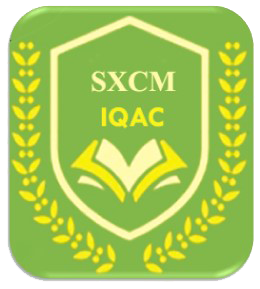
IQAC
• Developing and implementing quality assurance policies, procedures, and guidelines to ensure academic excellence and institutional effectiveness.
• Conducting internal assessments, reviews, and evaluations of academic programs, teaching methodologies, and support services to identify areas for improvement.
• Facilitating accreditation processes, audits, and quality assessments to meet regulatory requirements and enhance institutional credibility and accountability.
• Providing training, workshops, and resources to faculty and staff on quality enhancement strategies, assessment methods, and best practices in higher education.
• Analyzing feedback from students, alumni, employers, and other stakeholders to inform decision-making and continuous improvement efforts.
• Collaborating with external quality assurance agencies, peer institutions, and industry partners to benchmark performance, share best practices, and foster a culture of continuous improvement and innovation.

Library Advisory Committee
• Advising on the development of library policies, resources, and services to meet the evolving needs of students, faculty, and researchers.
• Reviewing and recommending acquisitions of books, journals, databases, and other educational materials to enhance the library collection.
• Evaluating library facilities, technology infrastructure, and user experience to ensure accessibility, convenience, and satisfaction for patrons.
• Providing input on library budget allocations, fundraising initiatives, and resource allocation strategies to optimize the utilization of funds.
• Collaborating with library staff, academic departments, and campus stakeholders to promote information literacy, research support, and academic success.
• Monitoring library usage trends, assessing user feedback, and proposing initiatives for improving library services, outreach, and engagement with the college community.

Literary Club
• Organizing literary events, such as poetry readings, book clubs, and storytelling sessions, to foster a love for literature and humanities subjects among students.
• Facilitating discussions, debates, and seminars on literary works, philosophical ideas, and social issues to promote critical thinking and intellectual discourse.
• Providing a platform for students to showcase their creative writing talents through competitions, publications, and literary magazines.
• Collaborating with academic departments and faculty members to integrate literary themes and texts into the curriculum and promote interdisciplinary learning.
• Engaging with local communities through outreach programs, literary festivals, and community service initiatives to promote literacy and cultural exchange.
• Offering mentorship, support, and networking opportunities for students interested in pursuing careers in writing, publishing, academia, and related fields in the humanities.
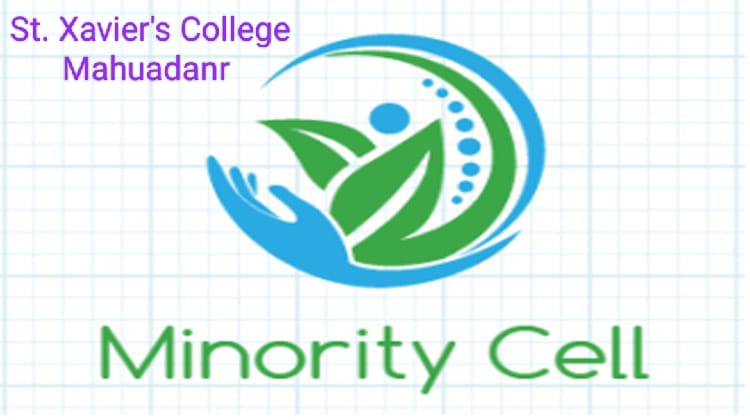
Minority Cell
• Advocating for the rights, interests, and welfare of minority students within the college community.
• Providing support, guidance, and resources to minority students to address their academic, social, and cultural needs.
• Organizing cultural events, celebrations, and awareness programs to promote diversity, inclusivity, and understanding among students from minority backgrounds.
• Collaborating with college administration, faculty, and student organizations to address issues of discrimination, prejudice, and social injustice affecting minority students.
• Facilitating access to scholarships, financial aid, and other resources to assist minority students in their educational pursuits.
• Serving as a liaison between minority students and college authorities to address concerns, grievances, and promote a supportive and inclusive campus environment.
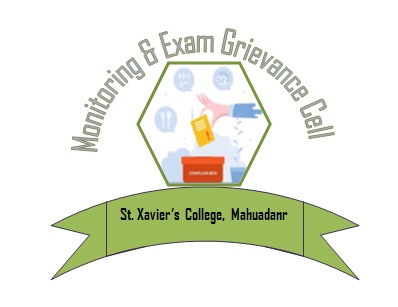
Monitoring & Exam Grievance Cell
• Addressing and resolving grievances related to examination processes, procedures, and outcomes in a fair, transparent, and timely manner.
• Providing a confidential and accessible platform for students to submit complaints, concerns, or grievances regarding examinations.
• Investigating exam-related grievances, collecting evidence, and facilitating discussions between complainants, examiners, and relevant authorities.
• Offering support, guidance, and advocacy to students throughout the grievance resolution process, including providing information on rights and options.
• Implementing corrective measures, such as re-evaluation, re-examination, or procedural changes, to address validated grievances and prevent recurrence.
• Monitoring and analyzing trends in exam grievances, identifying systemic issues or areas for improvement, and making recommendations for enhancing the fairness, integrity, and effectiveness of examination processes.
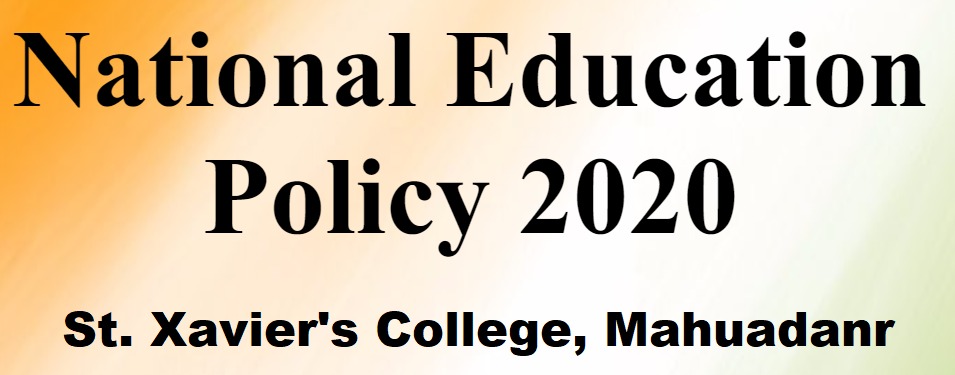
NEP
• Implementing and monitoring the initiatives outlined in the National Education Policy (NEP) to align college practices with national education goals.
• Facilitating workshops, seminars, and training sessions to create awareness and understanding of NEP principles among college stakeholders.
• Collaborating with academic departments and faculty members to integrate NEP recommendations into curriculum design, pedagogy, and assessment methods.
• Conducting research and evaluation to assess the impact of NEP implementation on student learning outcomes, institutional effectiveness, and quality enhancement.
• Engaging with policymakers, educational experts, and industry stakeholders to exchange ideas, share best practices, and contribute to the national dialogue on education reform.
• Providing support and guidance to college leadership in developing policies, strategies, and action plans to achieve NEP objectives and promote holistic development of students.
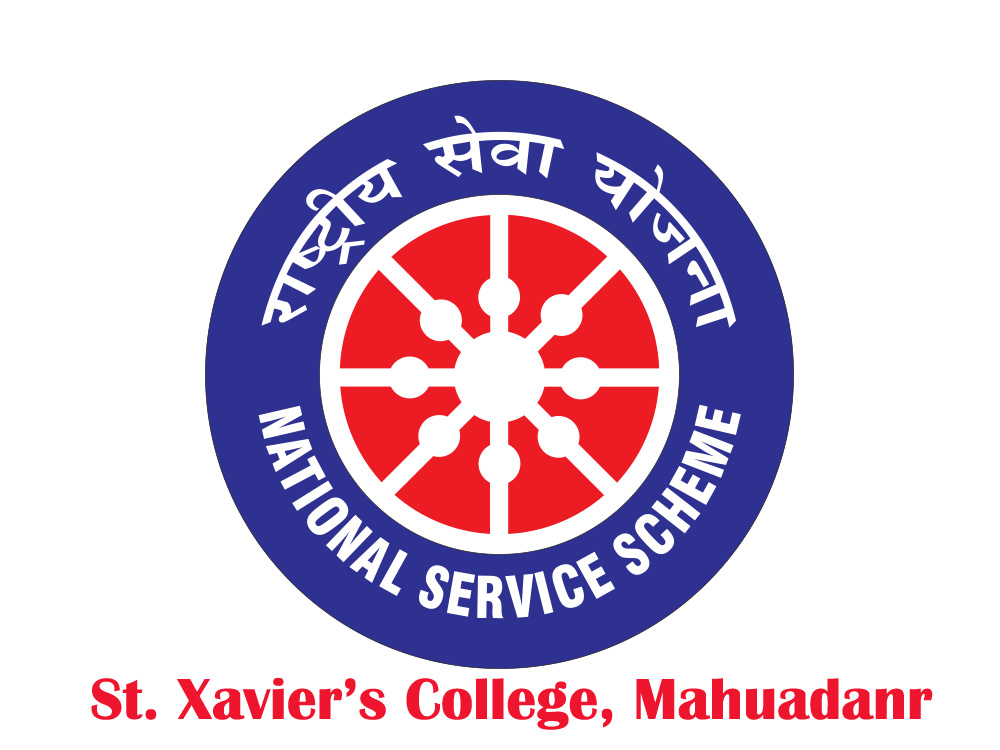
NSS
• Organizing and implementing community service projects and outreach programs to address local socio-economic and environmental needs.
• Promoting civic engagement, social responsibility, and leadership skills among college students through volunteering and participation in NSS activities.
• Collaborating with local NGOs, government agencies, and community organizations to identify and prioritize areas for community development and service.
• Providing opportunities for students to develop empathy, compassion, and a sense of solidarity with marginalized and underserved populations.
• Facilitating capacity-building workshops, training sessions, and awareness campaigns on issues such as health, education, and environmental sustainability.
• Fostering a culture of service and civic-mindedness within the college community, empowering students to become agents of positive change in society.
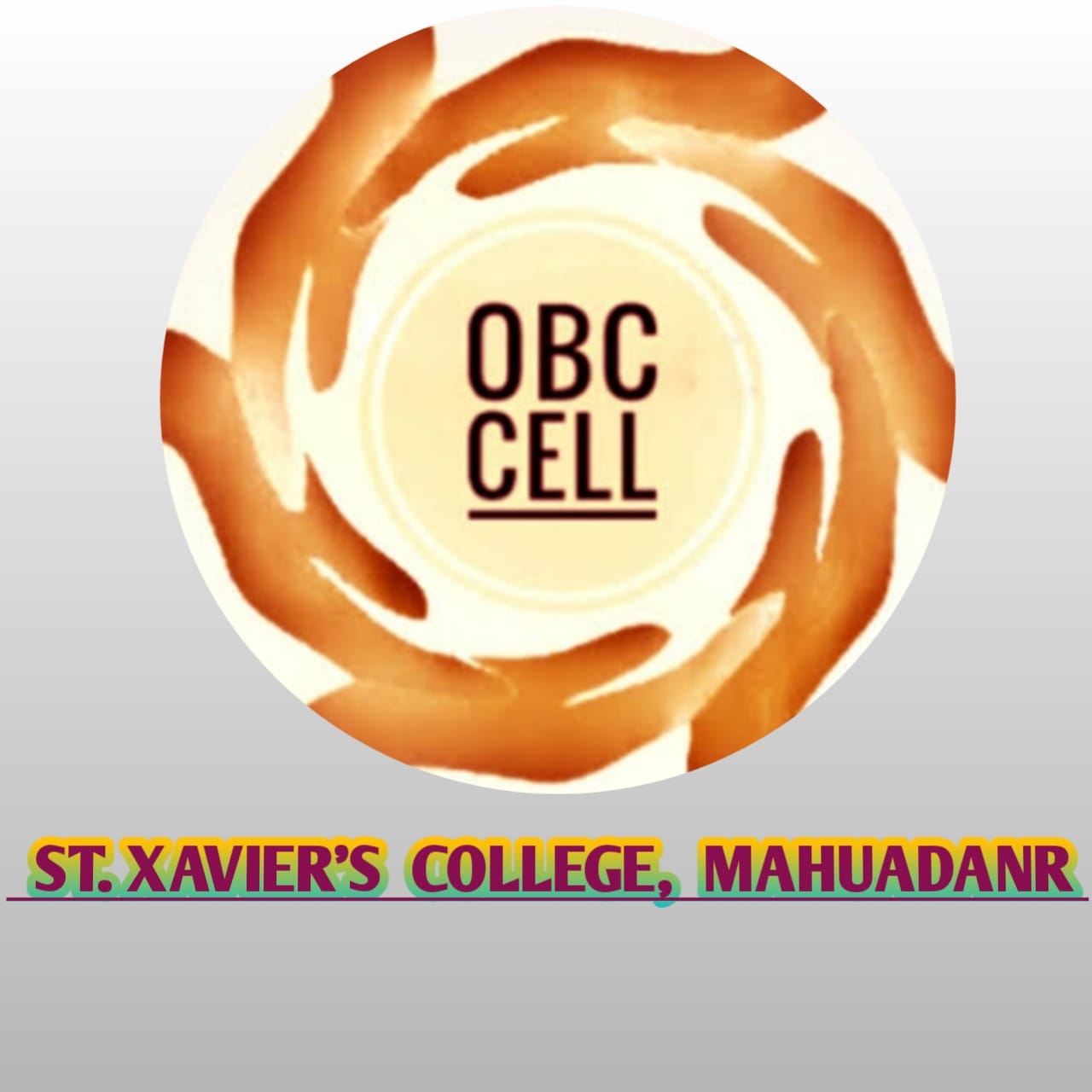
OBC Cell
• Providing support, guidance, and resources to students belonging to Other Backward Classes (OBCs) to address their academic, financial, and social needs.
• Organizing awareness programs, workshops, and seminars to promote understanding of OBC rights, entitlements, and opportunities for advancement.
• Advocating for policies, initiatives, and interventions to promote inclusion, equity, and diversity within the college community.
• Collaborating with college administration, faculty, and student organizations to address issues of discrimination, prejudice, and social injustice affecting OBC students.
• Facilitating access to scholarships, financial aid, and other resources to assist OBC students in their educational pursuits.
• Serving as a liaison between OBC students and college authorities to address concerns, grievances, and promote a supportive and inclusive campus environment.
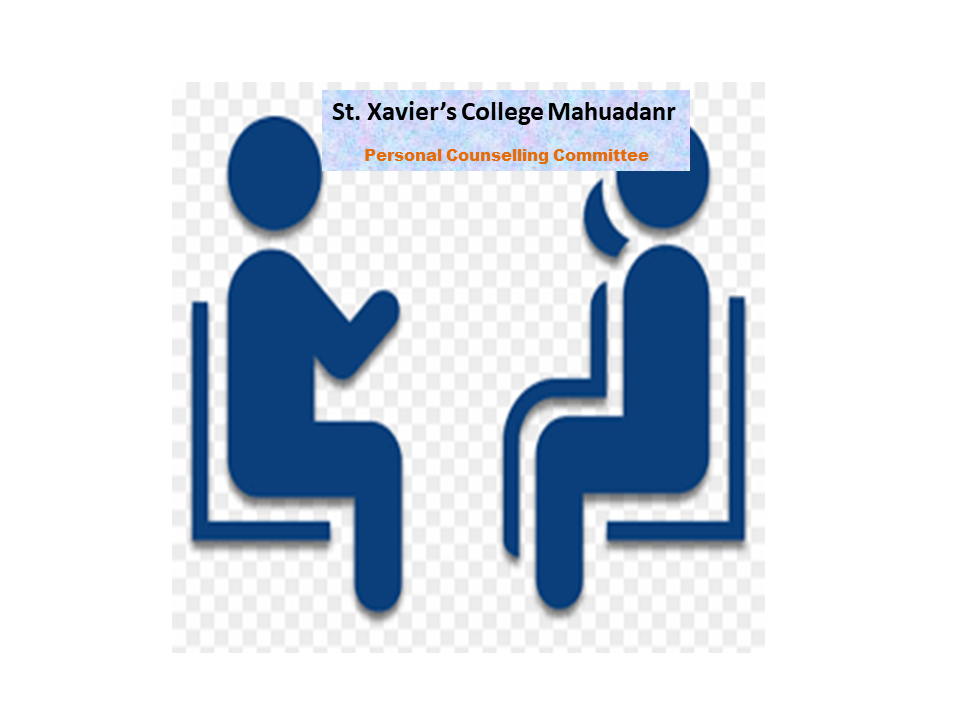
Personal Counseling Committee
• Offering confidential and empathetic counseling services to students facing personal, emotional, or psychological challenges.
• Providing individualized support and guidance to help students cope with stress, anxiety, depression, relationship issues, and other personal concerns.
• Conducting assessments and psychoeducational interventions to enhance students' self-awareness, self-esteem, and resilience.
• Referring students to external resources, mental health professionals, or specialized services as needed for additional support and treatment.
• Organizing workshops, seminars, and awareness campaigns on mental health, coping strategies, and self-care practices to promote holistic well-being.
• Collaborating with college administration, faculty, and student organizations to create a campus culture that values mental health, fosters emotional well-being, and supports students' overall development.

Publication Committee
• Overseeing the publication process for college publications, including journals, newsletters, magazines, and research papers.
• Soliciting, selecting, and editing submissions from students, faculty, and staff for publication in college publications.
• Managing the design, layout, and production of college publications to ensure high quality and professional presentation.
• Promoting college publications through marketing, distribution, and online platforms to reach a wide audience.
• Collaborating with academic departments, clubs, and organizations to feature diverse content and perspectives in college publications.
• Providing opportunities for students to develop writing, editing, and publishing skills through involvement in the publication process.
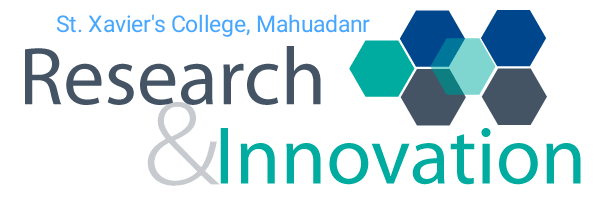
Research/ Innovation Cell
• Facilitating and promoting research activities and innovation initiatives among faculty, researchers, and students within the college.
• Providing support, resources, and guidance for research projects, grants, and funding opportunities to encourage scholarly inquiry and innovation.
• Organizing seminars, workshops, and conferences to foster collaboration, exchange ideas, and disseminate research findings among the college community.
• Collaborating with industry partners, research institutions, and funding agencies to facilitate technology transfer, commercialization, and entrepreneurship initiatives.
• Establishing research clusters, centers, and labs to focus on interdisciplinary research areas and address societal challenges through innovative solutions.
• Monitoring and evaluating research outcomes, impact, and performance metrics to assess the effectiveness of research and innovation efforts and inform future strategies.
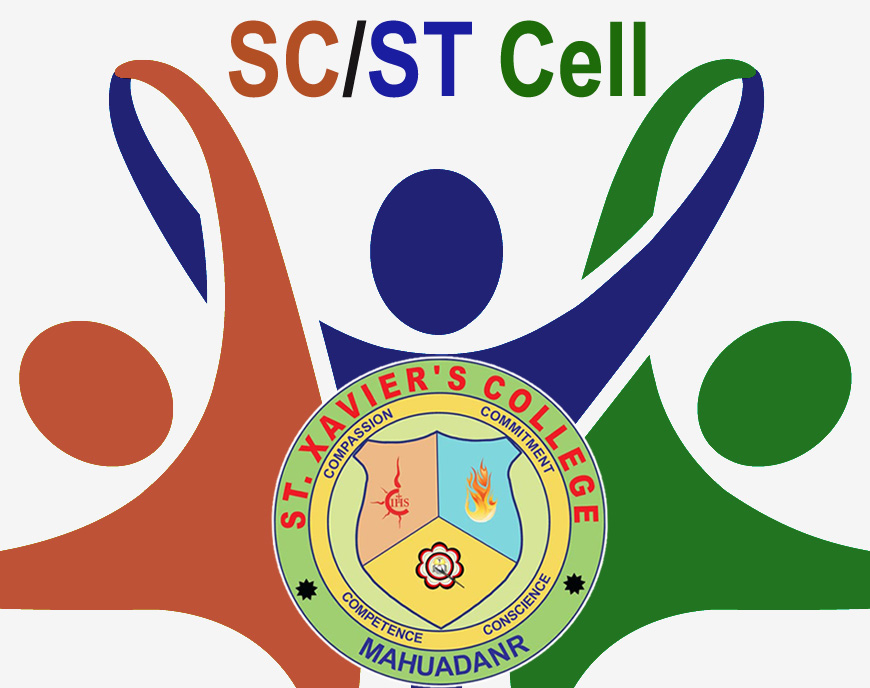
SC/ST Cell
• Providing support, guidance, and resources to students belonging to Scheduled Castes (SC) and Scheduled Tribes (ST) to address their academic, financial, and social needs.
• Organizing awareness programs, workshops, and seminars to promote understanding of SC/ST rights, entitlements, and opportunities for advancement.
• Advocating for policies, initiatives, and interventions to promote inclusion, equity, and diversity within the college community.
• Collaborating with college administration, faculty, and student organizations to address issues of discrimination, prejudice, and social injustice affecting SC/ST students.
• Facilitating access to scholarships, financial aid, and other resources to assist SC/ST students in their educational pursuits.
• Serving as a liaison between SC/ST students and college authorities to address concerns, grievances, and promote a supportive and inclusive campus environment.
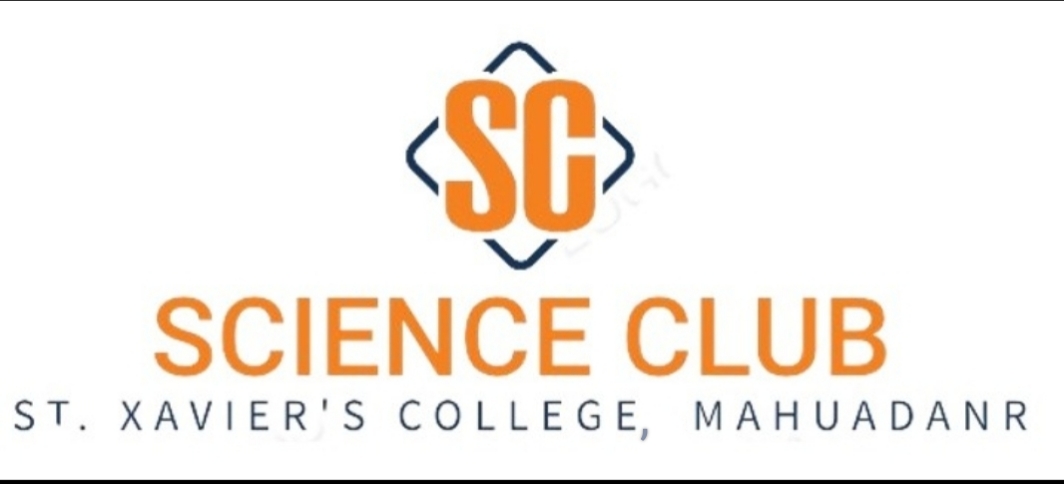
Science Club
• Facilitating interdisciplinary collaboration and engagement among students interested in science subjects from various departments.
• Organizing science fairs, exhibitions, and seminars to showcase research projects, experiments, and innovations by students across different disciplines.
• Providing a platform for students to explore and discuss emerging topics, advancements, and applications in various scientific fields.
• Conducting workshops, hands-on experiments, and demonstrations to enhance practical skills and scientific knowledge among club members.
• Collaborating with faculty members and experts to organize guest lectures, symposiums, and field trips to broaden students' understanding of science and its real-world applications.
• Fostering a supportive and inclusive community of science enthusiasts within the college, promoting curiosity, critical thinking, and lifelong learning in science subjects.

Sports & Games Cell
• Organizing sports events, tournaments, and competitions to promote physical fitness, teamwork, and sportsmanship among students.
• Providing facilities, equipment, and coaching support for various sports and games to encourage participation and skill development.
• Identifying and nurturing talented athletes through talent identification programs, training camps, and specialized coaching sessions.
• Representing the college in intercollegiate, regional, and national-level sports competitions to showcase talent and achieve sporting excellence.
• Fostering a culture of sportsmanship, fair play, and healthy competition among students, faculty, and staff.
• Collaborating with sports organizations, governing bodies, and community partners to enhance sports infrastructure, access to resources, and opportunities for sports development.
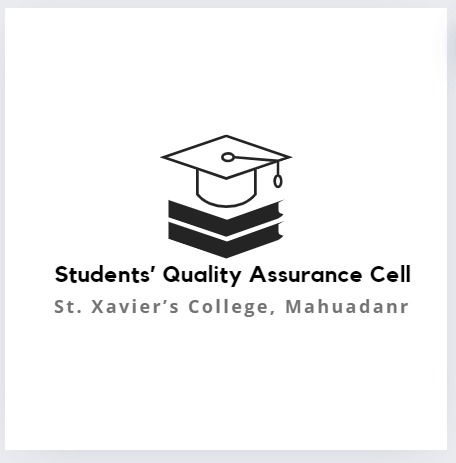
SQAC
• Implementing quality assurance measures to enhance the overall student experience and satisfaction within the college.
• Monitoring and evaluating the quality of academic programs, teaching methodologies, and support services to ensure excellence and effectiveness.
• Gathering feedback from students through surveys, focus groups, and feedback mechanisms to identify areas for improvement.
• Developing and implementing initiatives to address student concerns, promote student engagement, and support student success.
• Collaborating with college administration, faculty, and student organizations to promote a culture of continuous improvement and excellence in all aspects of student life.
• Facilitating student participation in quality assurance processes and decision-making to ensure their voices are heard and their needs are met.
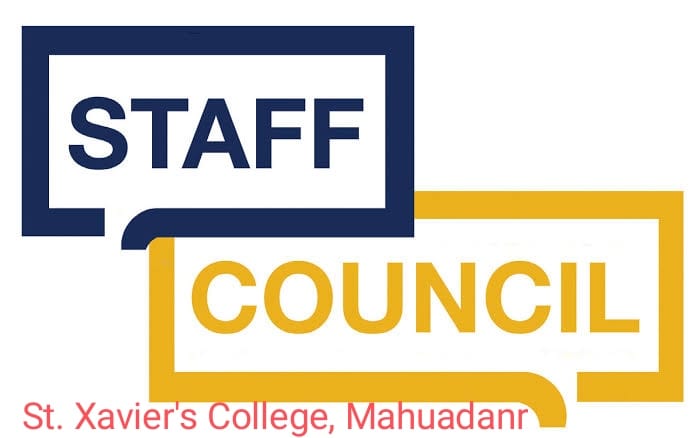
Staff Council
• Representing the interests and concerns of staff members to college administration and management.
• Facilitating communication and collaboration among staff members across different departments and levels.
• Organizing professional development workshops, training sessions, and seminars to enhance staff skills and competencies.
• Providing support and resources for staff well-being, work-life balance, and career advancement opportunities.
• Participating in decision-making processes related to college policies, procedures, and initiatives affecting staff.
• Serving as a platform for recognizing and celebrating staff achievements, contributions, and milestones in college development.
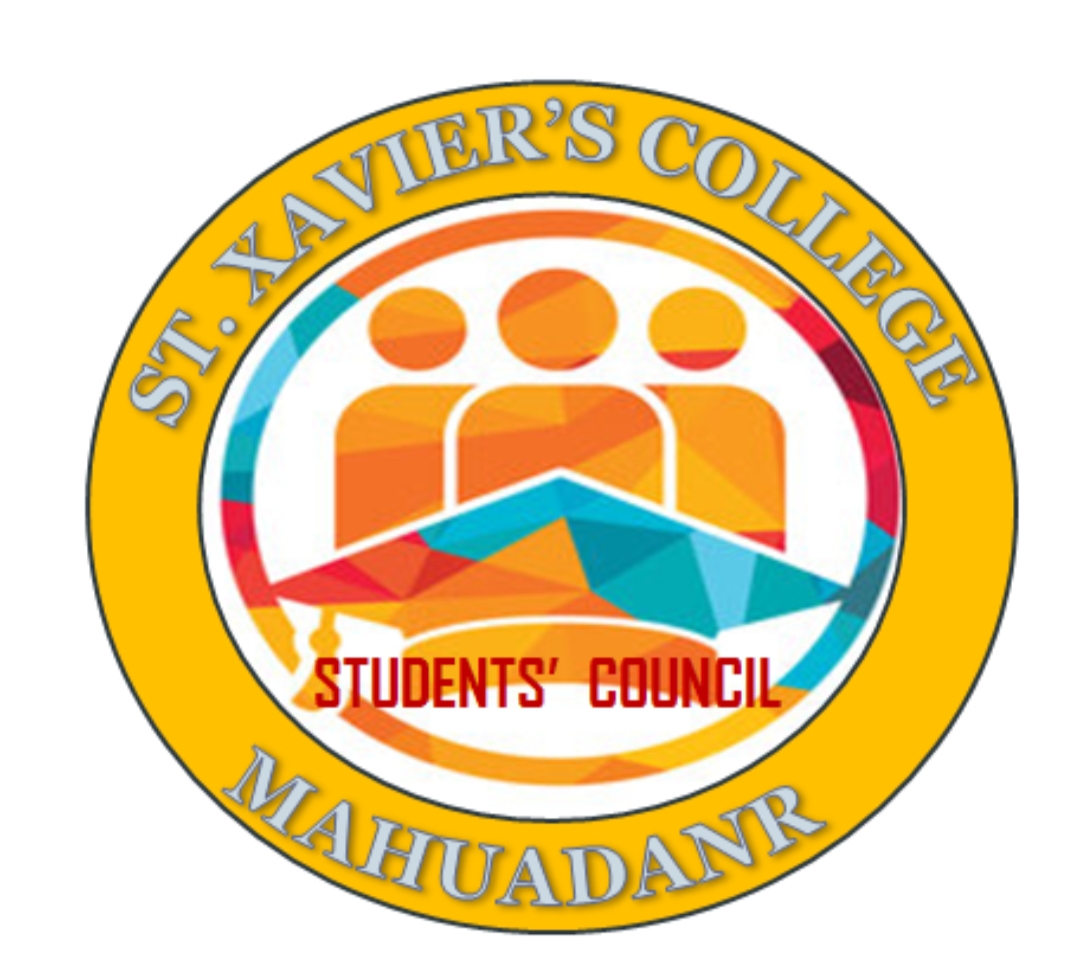
Students' Council
• Representing the interests and concerns of students to college administration and faculty.
• Organizing student activities, events, and initiatives to promote campus engagement and community spirit.
• Advocating for student rights, welfare, and issues affecting student life within the college.
• Facilitating communication and collaboration between students, faculty, and administration on matters related to college development.
• Providing leadership and opportunities for student involvement in decision-making processes and campus governance.
• Fostering a sense of belonging, inclusivity, and student empowerment within the college community.
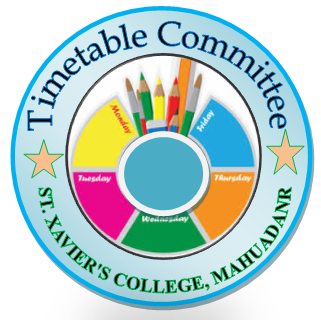
Timetable Committee
• Creating and maintaining the college timetable for classes, examinations, and other academic activities.
• Ensuring optimal utilization of resources, including classrooms, faculty availability, and student schedules.
• Collaborating with academic departments, faculty members, and administrative staff to develop a balanced and efficient timetable.
• Addressing scheduling conflicts, adjustments, and special requests from students and faculty.
• Communicating the timetable information to students, faculty, and staff in a timely and organized manner.
• Reviewing and revising the timetable as needed to accommodate changes in course offerings, staffing, and other factors affecting scheduling.
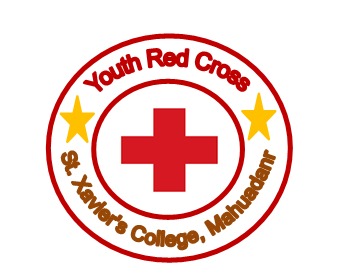
Youth Red Cross Cell
• Organizing blood donation drives and health camps to promote community health and well-being.
• Conducting first aid training sessions and workshops to equip students with life-saving skills.
• Collaborating with local health organizations and authorities to support disaster relief and emergency response efforts.
• Raising awareness about health issues, sanitation practices, and disease prevention strategies through educational campaigns and outreach programs.
• Providing humanitarian assistance and support to vulnerable populations, including refugees, disaster survivors, and individuals in need.
• Fostering a culture of volunteerism, empathy, and social responsibility among students through participation in Youth Red Cross activities.
